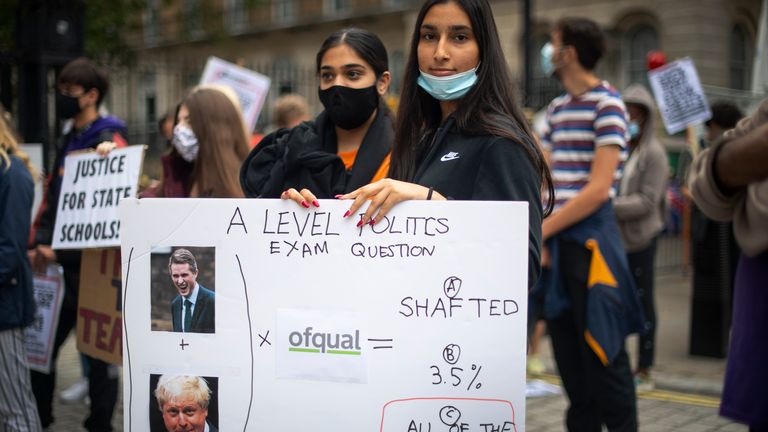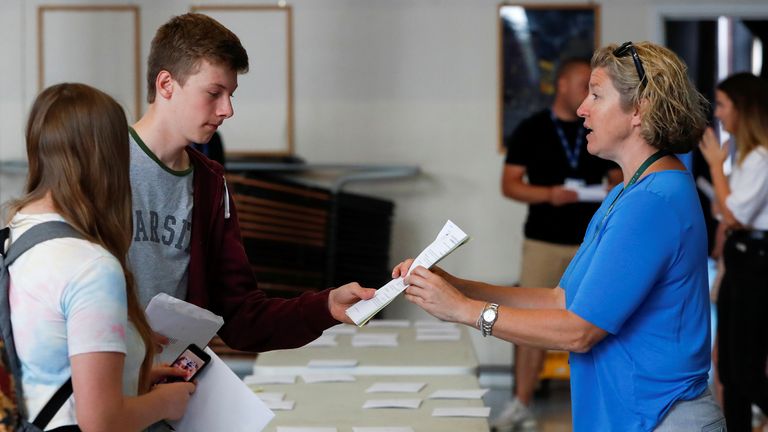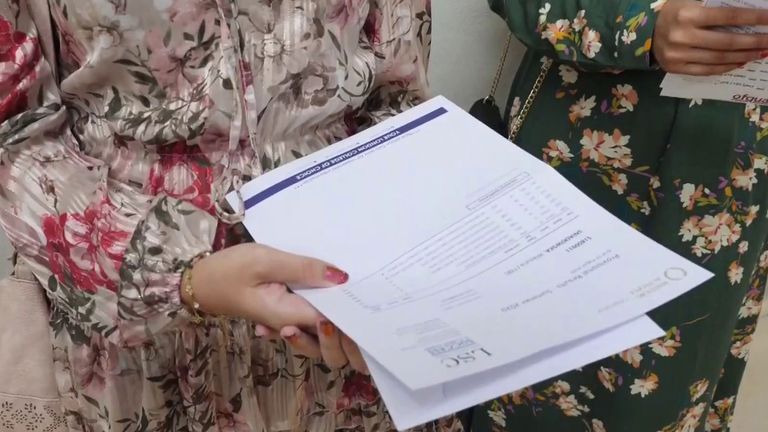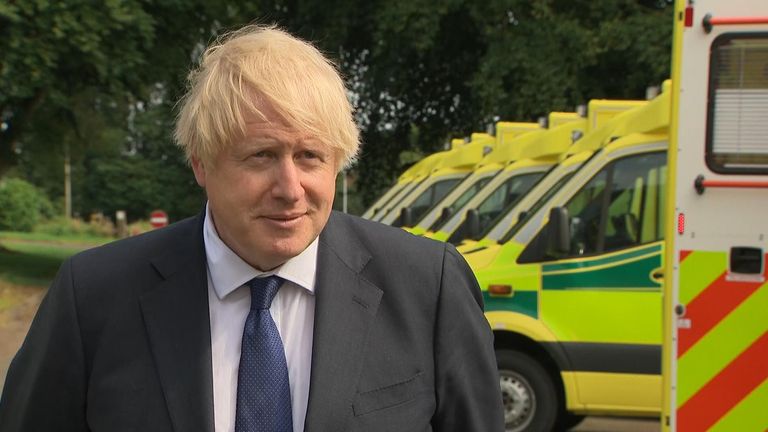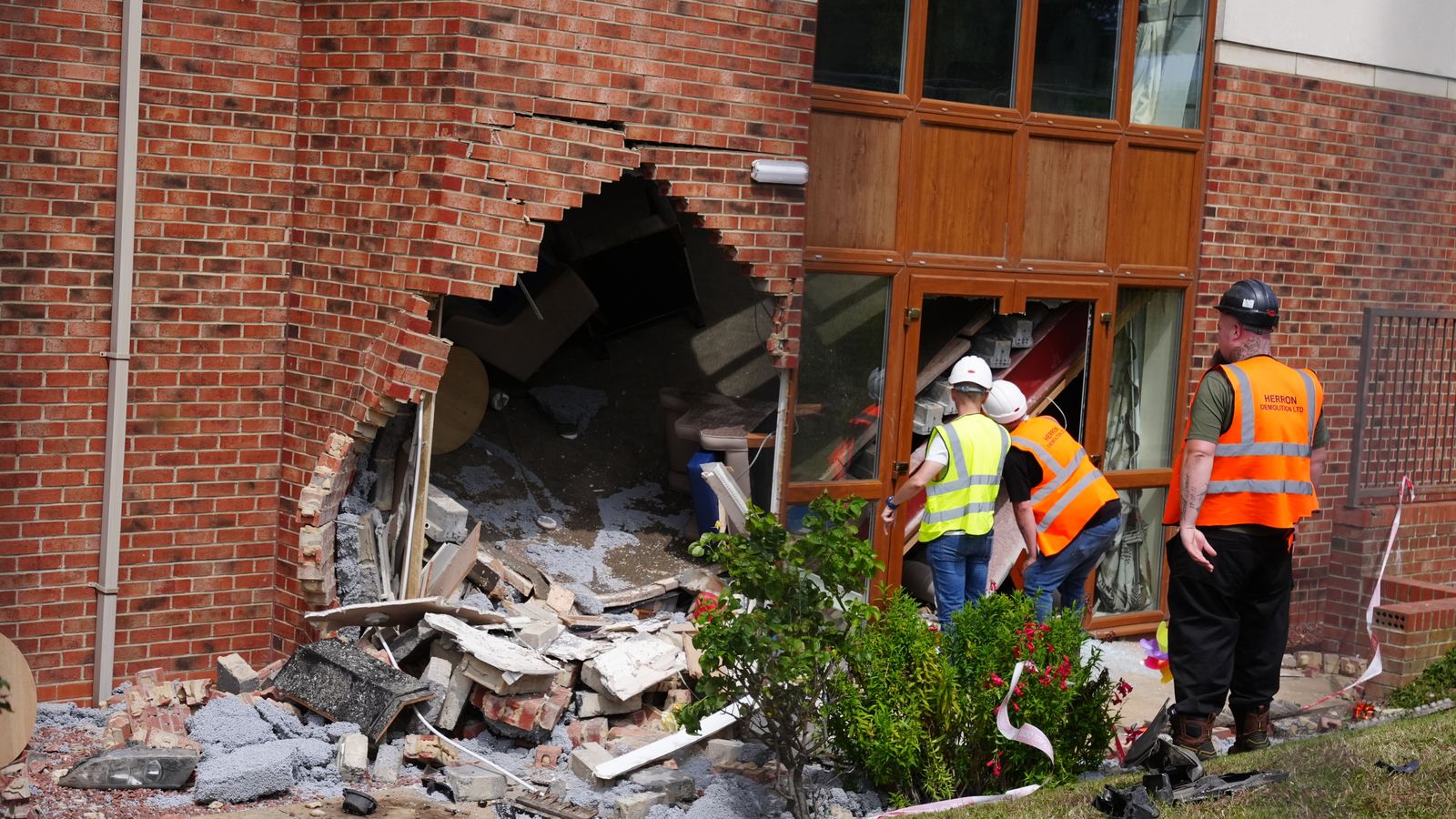A-level students are expected to be awarded even more top grades next week to compensate for the disruption to learning, a new report says.
The rise will prompt universities to set their own entrance exams, the Daily Telegraph reports.
Thousands of school leavers will find out their results next Tuesday but grades have been drawn up by teachers after exams were cancelled for the second year in a row.
They calculated grades based on a range of evidence, including mock results coursework and in-class assessments.
According to Professor Alan Smithers, a director at the Centre of Education and Employment Research (CEER) at the University of Buckingham, said: “The early signs are that it will be another bumper year for grades, justified as compensation for all the disruption suffered.
“The danger is that the inflated grades, in other words, lower standards, will become the new norm.”
Last summer, a controversial algorithm downgraded thousands of grades but Ofqual, the education regulator, announced a U-turn after uproar from parents and students – with some threatening the government with legal action.
The proportion of top grades surged to a record high after grades were allowed to be based on teachers’ assessments.
“The expansion of the A* and A grades means that a much wider range of abilities is bundled up in them, which makes it much more difficult for universities to select accurately and fairly,” Prof Smithers added.
“Some of those admitted may not be able to cope and will have wasted time and money, and some who are much more able will be missing out when they could have done really well.
“Awarding higher grades in compensation for lost learning can be killing with kindness.”
Last year, 38.6% of UK entries were awarded an A or A* grades following the U-turn, compared to 25.5% in 2019, according to statistics published by the Joint Council for Qualifications (JCQ).
Meanwhile, the proportion of entries in England, Wales and Northern Ireland awarded the top A* grade in 2020 surged to 14.4%, compared to 7.8% the year before.
Vice-Chancellors told the Daily Telegraph that there is growing frustration at the top universities and the lack of objective measures to judge the academic abilities of school leavers is leading to more universities introducing their own assessments for entrance.
One university source told the Daily Telegraph that “it will be extraordinarily messy”.
“It literally could be a tsunami of A’s and that puts the Russell Group in a very odd position: how do you disaggregate the best students?”
A head teachers’ union said it is “unhelpful” to speculate on how the grades profile could look for this year’s A-levels.
In April, the National Education Union warned that the current assessment system for A levels and GCSEs is “high risk and does not enable all students to demonstrate what they know and can do”.
It called on the government to start preparing a fair method of grading students in the next academic year.
Follow the Daily podcast on Apple Podcasts, Google Podcasts, Spotify, Spreaker
A Department for Education spokeswoman said: “Speculation like this is unfair on the thousands of students who have worked incredibly hard over what has been a very challenging 18 months due to the pandemic – and who next week will be walking away with high-quality qualifications that will take them on to the next stage of their lives.
“Exams are the best form of assessment but in the absence of those this year, there is no one better placed to judge young people’s abilities than their teachers, who see them day-in-day-out.
“Teachers have assessed multiple pieces of work, in turn giving students multiple opportunities to show what they know and can do.
“As in previous years, the government has been working closely with universities ahead of results day to ensure as many students as possible can progress if they get the grades they need.”

